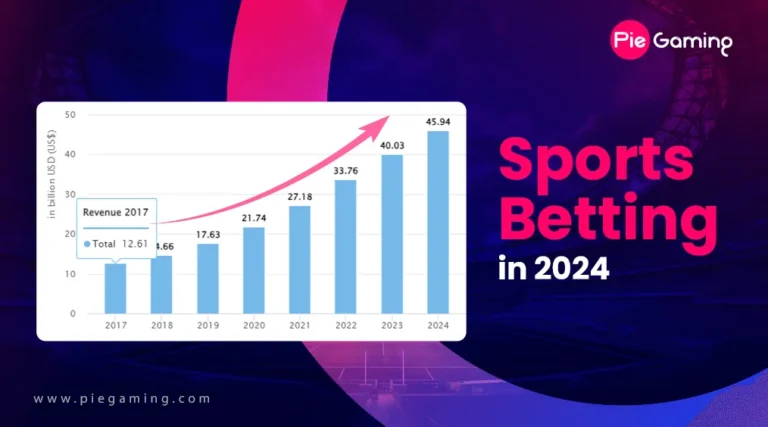Are There Different Wager Limits For Different Online Games?
Knowing Digital Game Wager Limits
Digital games have evolved quickly to provide a wide spectrum of capabilities; among the most fascinating are the inclusion of wager limitations. Wager limits are the minimum and maximum virtual or real-world money a player can commit on a certain action inside a game. From beginners to seasoned professionals, these restrictions are meant to produce an equitable and interesting experience for all kinds of gamers.
The stakes could be less, allowing novices to get acquainted with gameplay without running significant losses. Conversely, games meant for high-stakes players usually have more wager limits to satisfy those looking for more challenges and rewards.
Factors Wager Restraints
Wager limits in digital games are determined in part by several elements. Knowing these elements helps explain why certain games let players stake big amounts while others establish very lower criteria.
The fundamental mechanisms of a game mostly control the wager capability of a participant. Games with complicated regulations and great degrees of uncertainty, for instance, might have reduced wager limits to offset the risk aspect. On the other hand, games with known outcomes might let participants lay more wagers since they can better predict the outcomes.
Still another important consideration is the game’s payout system. Many digital games let players collect awards or prizes depending on their performance. To balance the risk-to—reward ratio, games with significant possible payouts may impose larger wager limitations. The reasoning here is simple: the stakes demanded rise with the prospective reward size.
Wager restrictions of a game are significantly influenced by the intended audience. Those inexperienced in a game or casual gamers are less likely to interact with high-stakes mechanics. Games aimed at these markets therefore generally have reduced wager limits, guaranteeing that players do not feel overburdened or excluded from the gameplay. On the other hand, games catered to professional or experienced players could inspire more wagers to keep enthusiasm and interest.
How Wager Limits Change Depending On The Type Of Game Played
The kind of digital game one is playing will greatly affect the wager limits. We will dissect how these restrictions are used across several game types below.
Whether online or in mobile apps, card games frequently have predefined wagers to help to balance risk and reward. Though the rules are usually simple, depending on whether the game is meant for casual players or those looking for a more competitive experience will affect the stakes.
A casual digital card game might, for instance, have minimal limitations, allowing beginning players to enjoy the game free from great stakes. Conversely, cards games meant for competitive settings could include strong wager restrictions to raise the possible prizes’ intensity.
Players of strategic games usually have to commit time and money to grasp the mechanics. The ability and strategy required in these games sometimes scale depending on player experience for wager restrictions.
The wager limits may start small but might rise as players get more acquainted with the fundamentals of a strategy game where success depends on decisions. This system rewards players for their expertise while pushing learning and mastery.
Certain digital games use aspects of chance, in which case the results vary. Maintaining fairness and avoiding players from laying too big stakes on unclear results in these games depend on wager restrictions.
Wager Limits On Player Behavior
The whole experience of players is shaped in great part by their wagers. A well-designed wagering system can improve engagement by offering a balanced risk-reward environment; poorly executed limitations can irritate players or cause apathy.
Implementing wager restrictions is mostly driven by encouraging responsible gaming. Setting limitations guarantees that players of games requiring real or in-game money do not overspend or overinvest. In games meant to offer long-term enjoyment rather than brief bursts of high-stakes engagement, this is especially crucial.
As players get more competent or familiar with the mechanics, responsible wagering systems help them to remain involved with the game over a longer period, therefore progressively raising their investment. Wager restrictions also assist to build inclusive gaming settings. Offering a variety of wagering choices, games can appeal to players with different degrees of experience. While more seasoned players have the option to play more after they understand the game’s principles, newcomers can start with lesser stakes while learning the ropes.
Regardless of their degree of expertise with wagering systems, this inclusiveness guarantees that no player feels left out of their comfort zone. Wager limitations provide an additional degree of strategy and intensity in digital games with competitive components. Along with how they play the game, players have to consider how much they are ready to risk in search of success. For people that excel in high-stress situations, this dynamic can intensify the stakes and enhance the gameplay appeal. Games with changing wager limits sometimes draw competitive players who like to balance risk and reward as they ascend leaderboards or take part in events.
Wager Limit Adjustments Based On Features Of The Game
Many times, digital slot gacor games bring original elements that might affect wager restrictions. These tools might be special in-game events, extra rounds, or escalating challenges. Games may momentarily raise or lower wager limits depending on such elements to improve the experience.
Special in-game events or bonus rounds could give players the opportunity to wager more for the possible benefits. Usually timed or triggered by particular game activities, these events inspire players to assume more risk in return for a possible prize or payout.
Certain games use progressive wagering systems, in which case the stakes rise as the player keeps performing effectively. This can start a snowball effect whereby success increases chances for reward but also increases hazards. Players who like a slow rise in intensity will especially find this system intriguing since it honours consistency over time.







